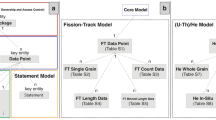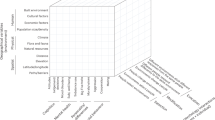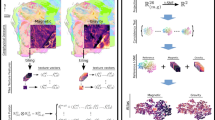Abstract
OUR planet the earth is studied in many ways, some of which correspond roughly to the main divisions of universal science, for example, mechanics, physics and chemistry. Such specialized branches of the universal sciences are appropriately indicated by the prefix 'geo', giving the words 'geomechanics', 'geophysics' and 'geochemistry'. These are modelled on the old word 'geometry', which itself has long since lost its special association with the earth, to become the name of the universal science of the measurement and properties of space. Hence the need for another word ('geodesy') relating to the measurement of the 'figure' of the earth, which must be the basis of geography, the mapping of the earth. The meaning of geography has gradually become elaborated to include much more than graphical representation, and besides physical geography, which shades off into geophysics, covers studies that merge into economics, sociology and general biology.
This is a preview of subscription content, access via your institution
Access options
Subscribe to this journal
Receive 51 print issues and online access
$199.00 per year
only $3.90 per issue
Buy this article
- Purchase on SpringerLink
- Instant access to the full article PDF.
USD 39.95
Prices may be subject to local taxes which are calculated during checkout
Similar content being viewed by others
Author information
Authors and Affiliations
Rights and permissions
About this article
Cite this article
CHAPMAN, S. Some Thoughts on Nomenclature. Nature 157, 405 (1946). https://doi.org/10.1038/157405b0
Issue date:
DOI: https://doi.org/10.1038/157405b0
This article is cited by
-
Current understanding of the aeronomy of Mars
Geoscience Letters (2015)



